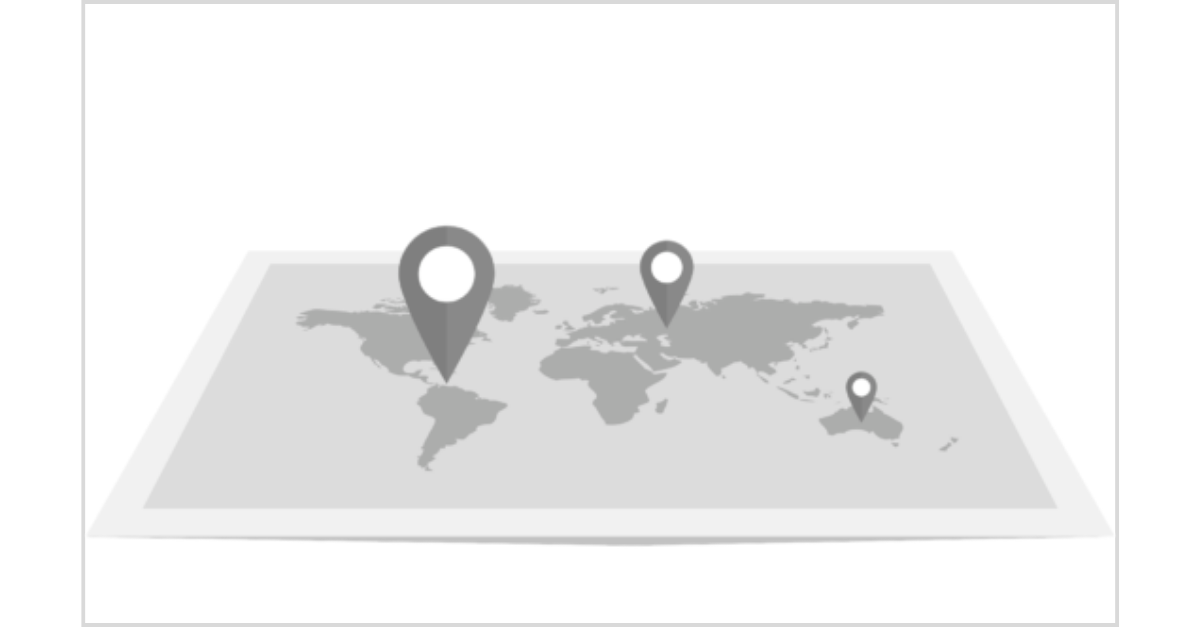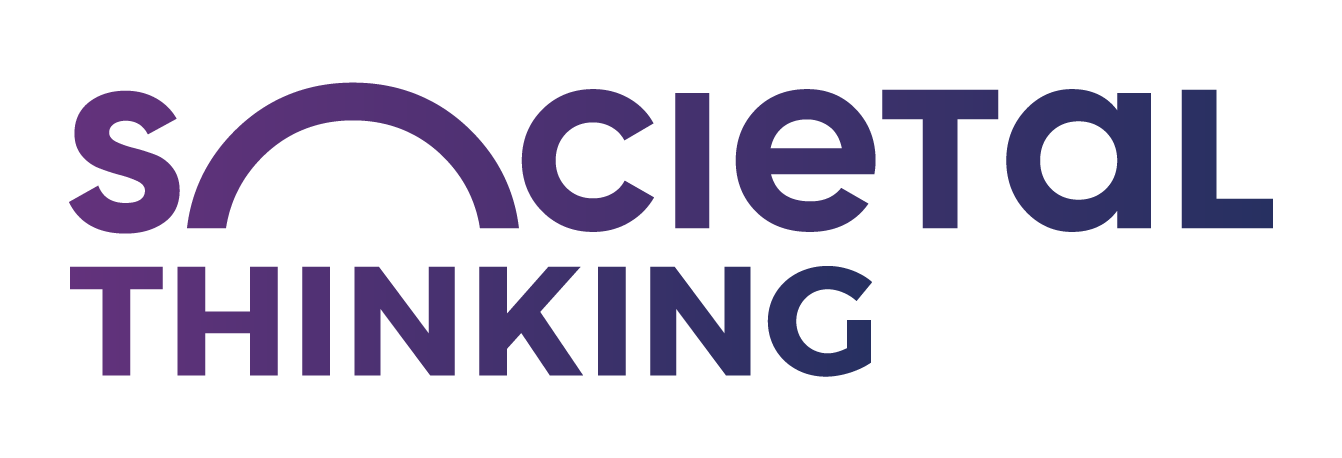
We are living in the age of data. Every day, 2.5 quintilian bytes of data is generated, a quantity far exceeding the width of our imagination. Everything from national election campaigns, what’s marketed by multinational corporations to the puppy videos we ‘like’ on Instagram are undercut by data: about us, about the world in which we live.
It is no wonder I sometimes feel we’re living in a Sci-Fi movie.
While data has been driving decision-making in businesses and governments for a long time now, in the social sector too, entrepreneurs are increasingly using data to see and sense what is happening on-ground and using the findings to design better programmes, bring efficiency and measure impact better. However, where do citizens stand in this data narrative? Are they just passive recipients of someone else’s enhanced decision-making?
Can we empower citizens to become active participants in using data to see, sense and solve their problems? Click To TweetThe answer lies in Data Empowerment.
What is Data Empowerment?
Of late, we have been hearing about Data Openness and Data Ownership as pillars of an equitable data narrative. With Data Openness, everyone is free to use, re-use and share data. Data Ownership safeguards the privacy of users by giving them ownership of their personal data.
At Societal Platform, we believe Openness and Ownership are necessary conditions, but not sufficient conditions for true empowerment. Data Empowerment encompasses much more. For citizens, it means having the ability to see and sense problems around them in a way that is easy, accessible, secure, desirable and affordable.
Let us consider parents of school-going children. If parents can see all the data that’s being recorded, they may be able to gauge what’s needed to improve education for their children. But, is it all that simple?
On the one hand, data can be curated and made openly available by the open data enthusiasts after ensuring privacy. On the other hand, how will a swathe of data, say as a spreadsheet, empower parents to ask for better services and infrastructure?
Empowering communities with data enables them to see, sense and solve the problems they face in the way that works for them. We call this the blue pin moment, just like that blue pin that represents us on a digital map. Before GPS, we would open a large map, try to locate ourselves in the map and then trace the line to our destination. Just how a parent would have to locate their children’s school among cells and cells of schools in a spreadsheet. GPS revolutionised the way we travel. It converted us into a blue pin, turned the camera upside down and had the world unfold itself around us. We can now see where the nearest grocery store is, what’s a good spot for a weekend trip and which road will lead to our favourite burger joint vis-à-vis where we are standing.
Imagine the parent becoming a blue pin. They would be able to see data in context: zoom in to understand what’s going on at their children’s school, zoom out to take a look at schools in the district or town. They would be able to identify criteria to figure out how a school is performing, what it lacks and what is needed to bridge the gap. Now, that certainly sounds like Sci-Fi!
What’s more, it is possible to make it a reality.
To get here, we need to flip the lens from ‘someone else sees, senses and solves’ to ‘I see, sense and solve’. It is a reimagined world where citizens know exactly where they stand and what they need. Click To TweetIt asks us to shift our own narrative first — from “let me use data to make better decisions for you” to “let me enable you to see and then make better decisions for yourself”. When used to empower instead of govern, data can restore the agency of communities to solve problems and make decisions for themselves.
Let’s see Data Empowerment in action:
Check My School is a project in the Philippines to enable the community to make data-driven decisions in improving learning outcomes. Community stakeholders can access and analyse school data, discuss challenges with parents and students and seek government support in coming up with and implementing solutions. Here, the community is the source of data as well as its users.
As we can see, Data Empowerment can become a way for citizens to enjoy agency, dignity and choice. Data can support citizens to make better decisions for themselves and solve problems. It is this regenerative solving that will lead us to impact at scale!
Here’s where you can start your Data Empowerment journey:

Watch a talk about ‘empowering communities with data’ here.
